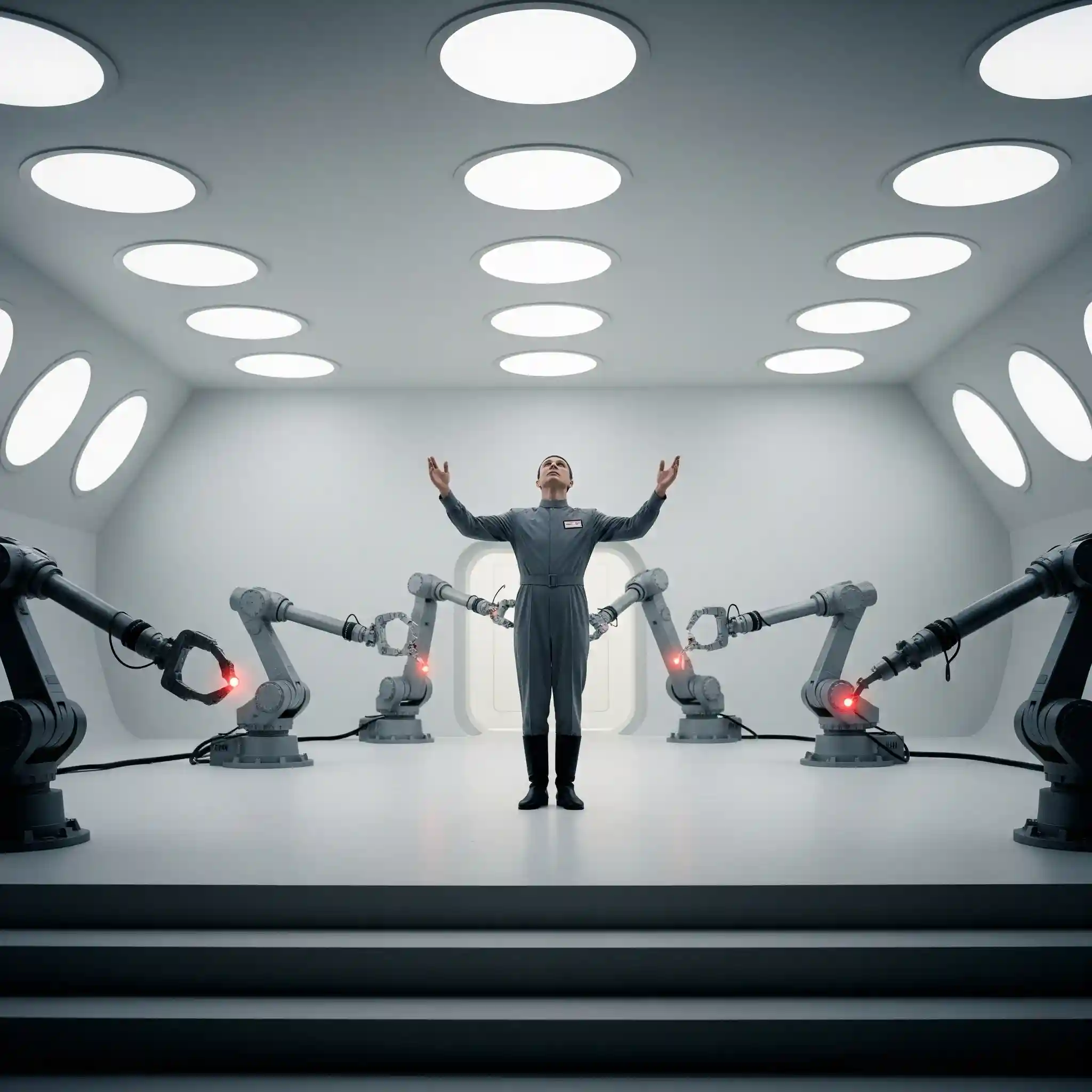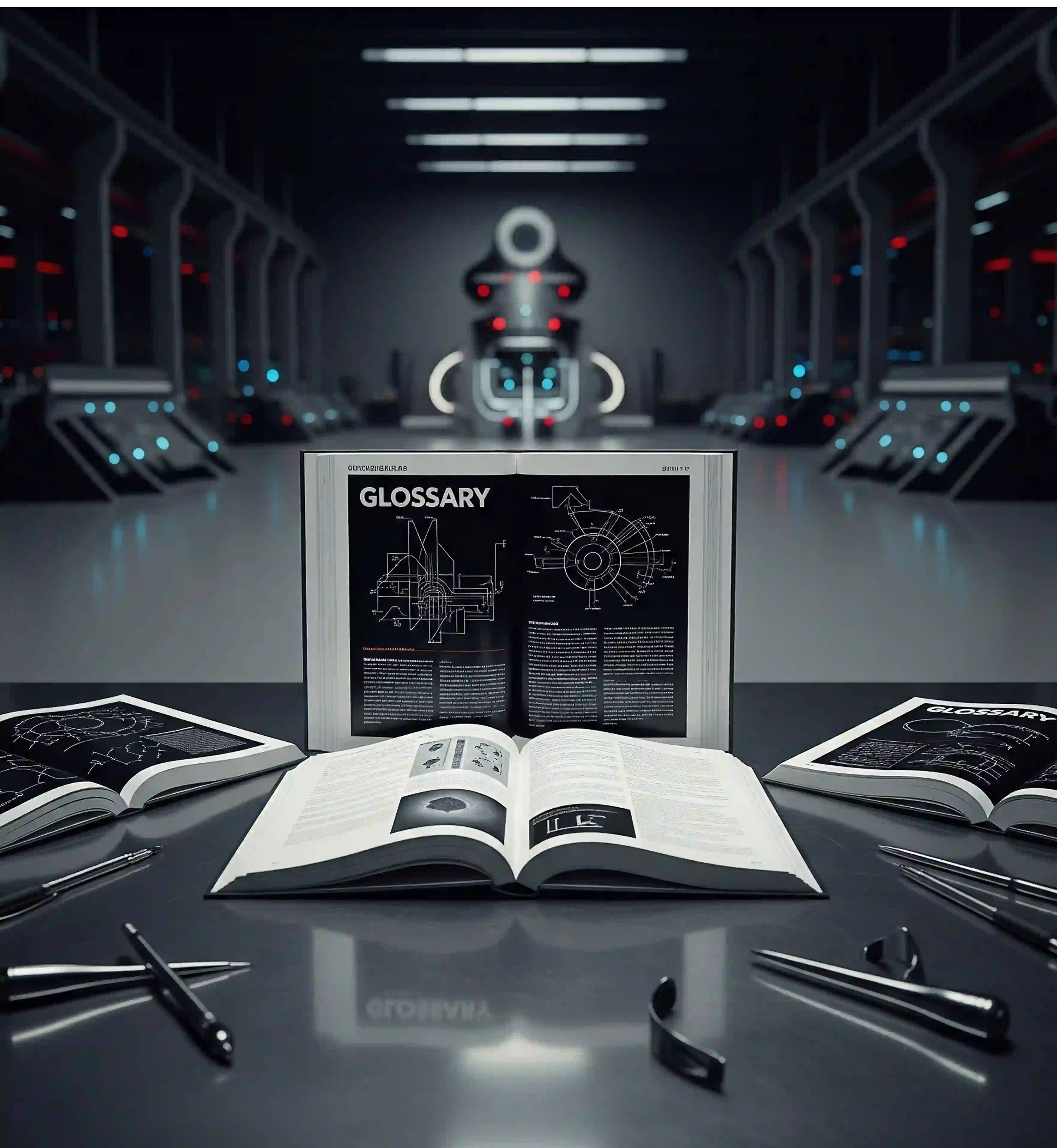The introduction of software-controlled cameras helped improve the speed and productivity of inspections, but those early machine vision solutions were limited in their effectiveness, especially in complex products that have a range of acceptable variations, changing conditions and a busy, noisy production line. Traditional machine vision tools use algorithms that rely on a strict set of rules for how to tell a good part from the bad, and any changes and modifications to these rules require engineering support and ongoing time and resource investments – often causing delays because of 3rd party vendors involved in setup and configuration.
Elementary’s AI-powered vision platform departs from rigid, rules-based training. Instead of relying on a trained operator to continuously code instructions into a vision system, manufacturers can use Elementary’s configuration without any coding at all . It is also highly scalable: manufacturers can place cameras across factory floors — or in locations around the world — and view all their data in one cohesive dashboard.
Digital eyes (and brains!) for your production line
It’s not always clear what is considered a defect and what isn’t. Even experienced inspectors often disagree on what constitutes a flaw and what may pass as an acceptable variation. Traditional rule-based machine vision algorithms are unable to handle such ambiguity, but Elementary’s cloud-connected machine learning system can easily recognize even the smallest deviations from the norm and capture this information to use as datasets for training models.
Elementary’s solution captures images using cameras on the production line. These cameras securely send images from an edge computer — a computer that lives on a factory floor and is linked to the cameras — to the cloud. A cloud computer can create a dataset using as few as 20 images, and it’s ready to start training machine learning models.
During the training process, a human operator uses these cloud-based images to help Elementary software learn to recognize anomalies such as incorrect label placement , scratches, blemishes, overspray, excess adhesive, and other defects . Elementary solutions are designed to be intuitive and easy to use, so manufacturers don’t need to employ specially trained operators or programmers to train the algorithms. This work can also be done from anywhere , which is especially important for companies that rely on remote workforce and operate in multiple locations.
The trained model then returns to the edge computer, where it works as a tireless set of electronic eyes, detecting variations and anomalies, and alerting the manufacturer’s quality control personnel of any issues that have been detected. It can also be connected to a programmable logic controller (PLC) to automatically reject products that don’t meet the quality standard and remove them from the production line.
Data you can use
All the scanned data is fed into the dashboard , where it can be turned into actionable insights. Unlike gathering information from individual inspection points, Elementary solutions help managers quickly gauge the health of their production line, identify trends, and highlight areas for improvements.
Recent breakthroughs in AI have considerably increased computer vision’s capabilities, empowering machines to achieve tasks that were previously not feasible. With Elementary’s AI-based machine learning systems, manufacturers can either enhance their existing automated inspection solutions or build them from the ground up, especially in highly variable, complex situations.
A vision system that sees as well as thinks can be a tremendous asset to any production line, as an important tool for improving quality, reducing recalls, increasing customer satisfaction, and ultimately helping companies achieve their growth targets.




